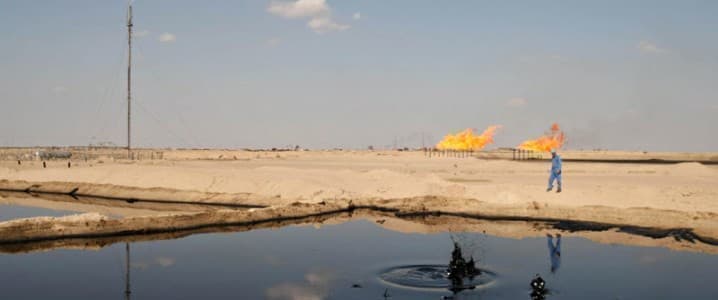News last week that U.K. oil super-major, BP, is working on a plan to spin off its operations in Iraq’s supergiant Rumaila oil field into a stand-alone company had an extremely familiar ring about it to those who have been in the oil markets business for a while. It was exceptionally reminiscent of the withdrawal of the U.K.-Dutch oil super-major, Royal Dutch Shell (Shell), from Iraq’s supergiant Majnoon oil field in 2017 and also of its withdrawal from Iraq’s supergiant West Qurna 1 oil field in 2018. Each of these announcements also bore a startling similarity to U.S. super-major ExxonMobil’s (Exxon) recent announcement that it too wants to get out of West Qurna 1 and to its withdrawal from the Iraq’s crucial Common Seawater Supply Project (CSSP) some time ago. The answers to what is actually causing this mass exodus of Western firms from Iraq are laid out below. The real answers bear little relation to the official reasons given at the time for the withdrawal of these companies from Iraq, as OilPrice.com’s shrewd readers might well have already construed. In Shell’s case, the official reason for its withdrawal from both Majnoon and West Qurna 1 was that such moves were in line with its overall plan to restructure its global business, following its takeover of BG Group, involving a US$30 billion asset disposal programme and a focussing on gas development. The reason given by various BP sources for its creation of a completely standalone separate entity operating in Iraq – ‘ring-fenced’ is another word for it – is that it will allow BP more flexibility to invest in low-carbon energy by enabling it to reduce its spending on oil and gas. ExxonMobil, for its part, long ago gave up bothering to come up with any official reason why it wanted nothing to do with Iraq.
Read More at the Source: https://oilprice.com/Energy/Energy-General/The-Real-Reason-Big-Oil-Is-Giving-Up-On-Iraq.html

